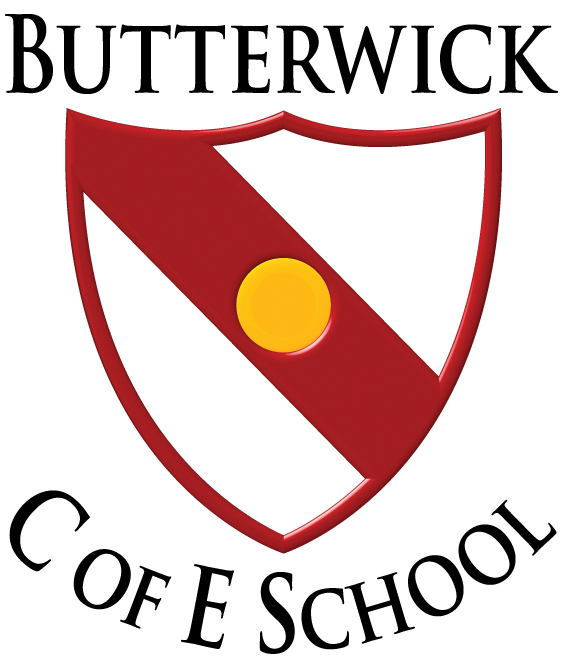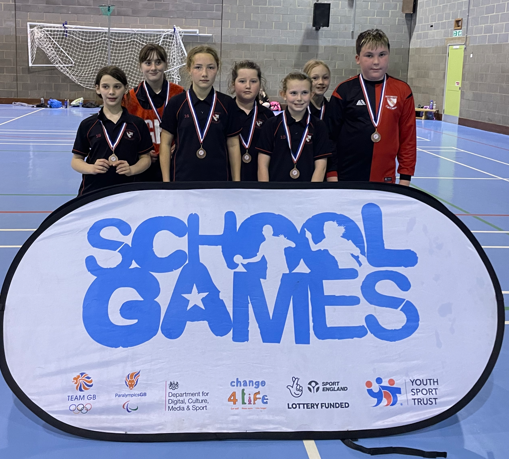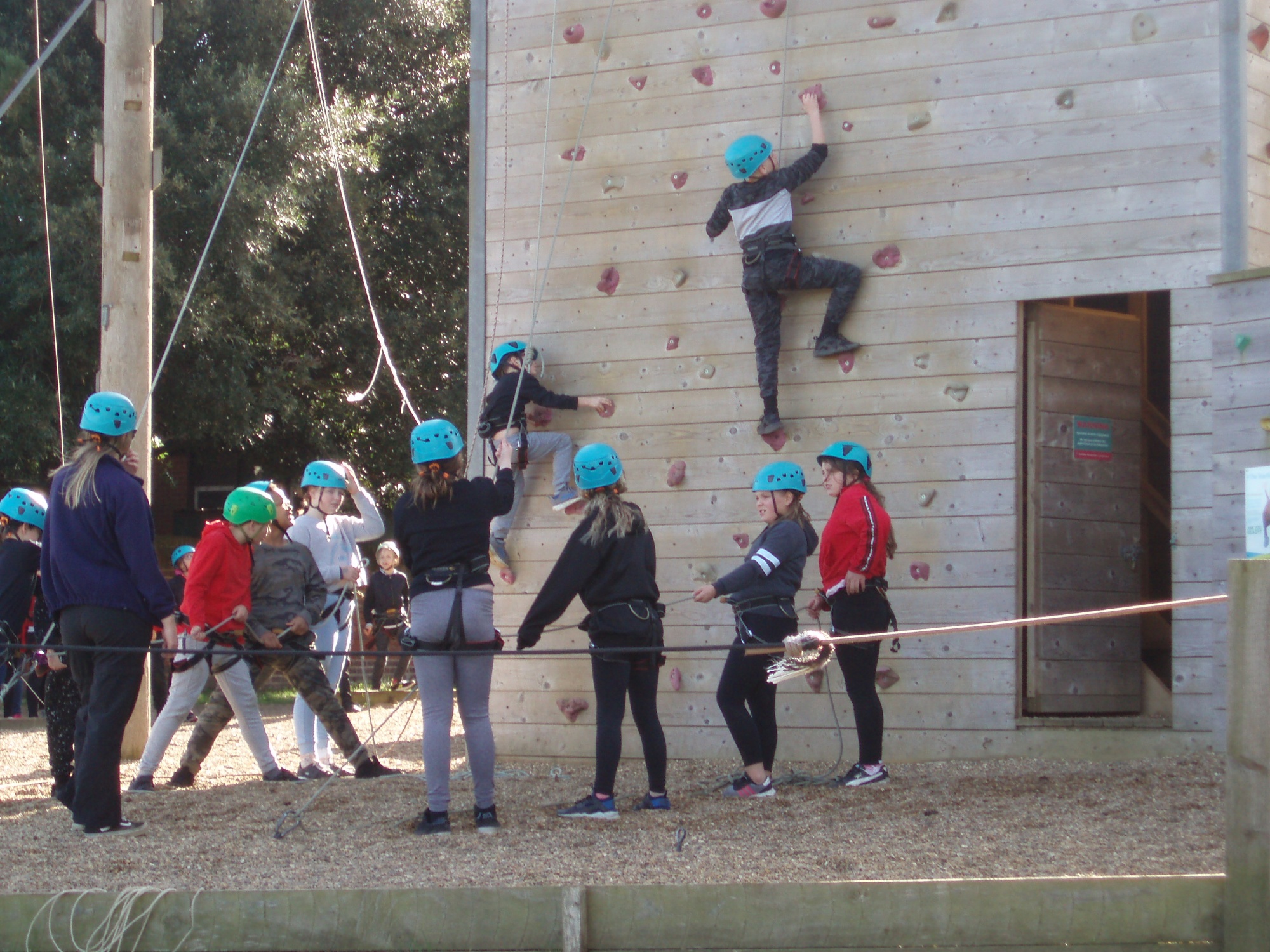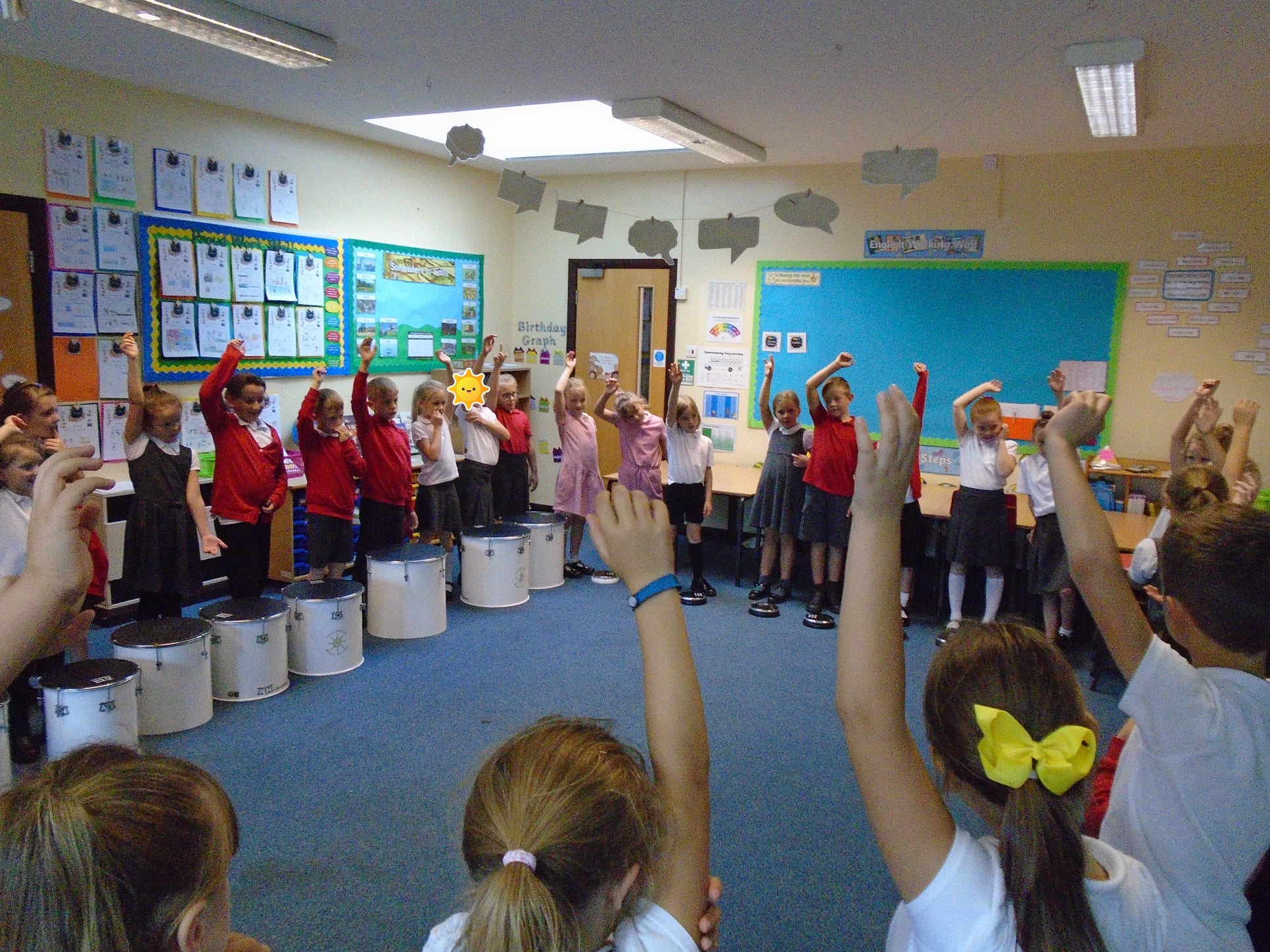Pupil Premium
What is the Pupil Premium?
The Pupil Premium was introduced in April 2011. In 2012–13 schools were allocated a total of £1.25 billion funding for children from low-income families who were eligible for free school meals, looked after children and those from families with parents in the Armed Forces.
What is the impact of Pupil Premium on Schools?
OFSTED have recently undertaken a detailed research project as to how schools were spending their Pupil Premium and the impact it has had upon the education of the children for which the Pupil Premium has been targeted.
What were the main recommendations from the OFSTED report?
School leaders, including governing bodies, should ensure that Pupil Premium funding is not simply absorbed into mainstream budgets, but instead is carefully targeted at the designated children. They should be able to identify clearly how the money is being spent.
School leaders, including governing bodies, should evaluate their Pupil Premium spending, avoid spending it on activities that have little impact on achievement for their disadvantaged pupils, and spend it in ways known to be most effective.
Schools should continue to seek ways to encourage parents and carers to apply for free school meals where pride, stigma or changing circumstances act as barriers to its take-up.
Local authorities should ensure that there is greater consistency and transparency in the way in which the Pupil Premium is allocated to non-mainstream schools.
Ofsted should continue to evaluate the use of Pupil Premium funding by schools to ensure that they are focusing it on disadvantaged pupils and using it effectively.
Pupil Premium at Butterwick Primary School
At Butterwick Primary School it is our aim to support every child in whatever way we can. Generally this is done by providing excellent, high quality classroom learning delivered by teachers and teaching assistants. Sometimes this is supplemented by a variety of interventions to support vulnerable learners. These interventions are introduced as and when appropriate and most often in consultation with parents, teachers and other support agencies.
Our School Leadership Team and Governing Body monitor the impact of all spending and interventions and this includes funding such as the Pupil Premium.
PUPIL PREMIUM STRATEGY STATEMENT 2017/18
|
1. SUMMARY INFORMATION |
|||||
|
School: |
Butterwick Pinchbeck’s Endowed CE Primary School |
||||
|
Academic Year: |
2017/18 |
Total PP Budget: |
£81,840 |
Date of most recent PP Review: |
n/a |
|
Total number of pupils: |
300 |
Number of pupils eligible for PP: |
62 |
Date for next internal review of this strategy: |
Feb/March 2018 |
|
2. CURRENT ATTAINMENT |
|
|
|
|
|
KS2 Provisional data 2017– updated 2/12/17 |
School All Pupils |
School Pupils eligible for PP |
National others |
National Pupils eligible for PP |
|
Expected standard in reading, writing & maths combined |
49% |
53% |
61% |
67% |
|
High standard in reading, writing & maths combined |
4% |
7% |
9% |
11% |
|
Expected standard and high standard on reading test |
80% - 20% |
73% - 40% |
71% - 25% |
77% - 29% |
|
Expected standard and high standard in writing |
65% - 10% |
67% - 20% |
76% - 18% |
81% - 21% |
|
Expected standard and high standard in SPAG test |
78% - 31% |
80% - 27% |
77% - 31% |
82% - 36% |
|
Expected standard and high standard in maths test |
73% - 20% |
73% - 20% |
75% - 23% |
80% - 27% |
|
Average scaled score for reading |
103.9 |
103.1 |
104.1 |
105.4 |
|
Average scaled score for SPAG |
105.5 |
105.2 |
106.0 |
107 |
|
Average scaled score for maths |
103.1 |
103.9 |
104.2 |
105.3 |
The expected standard for tests id based on a scaled score of 100+ and a high standard is 110+. Achieving a high standard for writing requires a pupil to be assessed as working at greater depth.
|
3. BARRIERS TO FUTURE ATTAINMENT (for eligible PP including High ability) |
|||
|
In – school barriers |
External barriers |
||
|
A |
Lack of resilience in learning and aspirational attitudes, particularly higher attaining children |
A |
High levels of social and economic deprivation with accompanying risk factors. Significant numbers of PP pupils accessing Early Help and Social Care |
|
B |
Behaviour issues for a small group of boys is having a detrimental effect on their academic progress |
B |
Attendance rates although much improved continue to be monitored for individuals as when they fall, school hours are reduced causing them to fall behind |
|
4. OUTCOMES |
||
|
|
Desired outcomes and how they will be measured |
Success Criteria |
|
A |
Quality first teaching and learning across the school (including teachers and teaching assistants). The EEF work on effective Role of Teaching Assistants – school and LA/ Teaching schools Alliance. Additional teacher in Year 2 & 6 (1 day) to support the progress of individual PP children.
|
Lesson observation, work scrutiny, pupil interview, data and learning outcomes show 95% + lessons are good or outstanding. Teaching Assistants will be up-skilled to further enhance their support to pupils. Communication/ feedback between Teaching Assistants and Teachers will improve. Role expectations will be clear and focussed. |
|
B |
Staff and children will further embed a Growth Mind-set |
Children will develop as more resilient learners, understanding the process of good learning. Children will respond to feedback to ensure good progress is being made. Pupils identified as Higher attaining will make as much progress as ‘other’ pupils. |
|
C |
Behavioural issues of individuals will be addressed |
Fewer behaviour incidents recorded for these pupils on the school system (without changing standards) Individuals have increased engagement in their learning and progress is at least ‘expected’
|
|
D |
Increased PP family engagement to support children’s needs |
The work of the Learning Mentor will ensure that identified children are picked up quickly and swift support from school or external agencies can be given. Early Help Assessments are carried out where the need arises. Partnership working will support the needs of the children more effectively so issues do not become a barrier to learning. |
|
E |
Increased attendance rates for PP children |
Further reduce the number of PP that are persistent absentees. Attendance levels of PP children continue to improve so they are in line with ‘other’ pupils. |
|
5. Planned expenditure |
|||||
|
Desired outcome |
Chosen action/ approach |
What is the evidence and rational for this choice |
How will it be implemented |
Staff lead |
When will it be reviewed? |
|
A. Quality first teaching and learning across the school (including teachers and teaching assistants). The EEF work on effective Role of Teaching Assistants – school and LA/ Teaching schools Alliance. |
School is taking part in the EEF research (Mobilise project) of effective use of Teaching assistants. It will be sharing effective practice with other local schools.
Staff training on questioning/ different strategies for TAs.
Staff training on high quality feedback.
|
The EEF Toolkit suggests that when the impact of Teaching Assistants is at its best is when the recommendations from their research are being applied. |
Use of INSET and staff/ TA meetings to deliver training.
Marking and Feedback Policy implemented and monitored.
TAs take part in teacher PPA. |
S.T (Head teacher), T.H (SENDCo) |
Dec 2017 |
|
B. Children will develop a Growth Mind-set |
Whole school CPD on growth mind-set verses fixed mind-set to build resilient learners.
The learning environment will reflect the growth mind-set.
Talking partners will be used consistently across the school.
Children will be given time to reflect on their learning and how they can improve. |
Carol Dweck’s research demonstrated the positive impact of learners having a growth mind-set and understanding the learning process. |
Senior Leaders to attend initial training with external consultants.
Staff training
Marking and Feedback Policy implemented and monitored.
The school environment will support and remind the children of growth mind-sets
|
E.T (Senior Leader) S.T (Head teacher) |
July 2017 |
|
C. Behavioural issues of individuals will be addressed
D. Increased PP family engagement to support children’s needs |
Identify targeted intervention for identified pupils. Use Learning Mentors to engage with parents. Focus on positive behaviours. Use Pastoral Support Plans and Early Help Assessments when necessary to support the child. |
The EEF Toolkit suggests that targeted interventions matched to specific needs or behavioural issues can be effective.
Early intervention for individuals (including other professionals). |
Ensure identification of target pupils is fair, transparent and recorded. Monitor behaviour but also monitor whether improvements in behaviour translate into improved attainment/ progress. |
T.H (SENCo) E.C & K.T (Learning Mentors) S.T (HT) |
Termly
|
|
E. Increased attendance rates for PP children |
Learning Mentors to closely monitor pupils and follow up quickly on first day absences.
Home visits when necessary.
Where there are concerns around attendance Learning Mentors work with families and pupils to make improvements.
|
We can’t improve attainment for children if they are not attending school. This is a key barrier to learning. |
Learning Mentors will keep clear records about existing issues around children, actions taken etc. Regular review of attendance data.
Celebration of good attendance e.g. reward systems in place |
B.E/ E.C (Learning Mentors) S.T (HT) |
March 2017 July 2017 Jan 2018
|
|
Expenditure: Staffing: £73,915 Curriculum resources: £4,200 Training: £1585 Attendance: £550
|
|||||
PUPIL PREMIUM STRATEGY STATEMENT 2016/17
|
1. SUMMARY INFORMATION |
|||||
|
School: |
Butterwick Pinchbeck’s Endowed CE Primary School |
||||
|
Academic Year: |
2016/17 |
Total PP Budget: |
£81,009 |
Date of most recent PP Review: |
n/a |
|
Total number of pupils: |
308 |
Number of pupils eligible for PP: |
67 |
Date for next internal review of this strategy: |
Interim :January 2017 July 2017 |
|
2. CURRENT ATTAINMENT |
|
|
|
|
KS2 Provisional data 2016 – updated 2/11/16 |
All Pupils |
Pupils eligible for PP |
National others |
|
Expected standard in reading, writing & maths combined |
62% |
50% |
60% |
|
High standard in reading, writing & maths combined |
3% |
0% |
7% |
|
Expected standard and high standard on reading test |
69% - 17% |
58% - 25% |
71% - 23% |
|
Expected standard and high standard in writing |
83% - 14% |
58% - 8% |
79% - 18% |
|
Expected standard and high standard in SPAG test |
86% - 31% |
75% - 25% |
78% - 27% |
|
Expected standard and high standard in maths test |
79% - 14% |
67% - 0% |
75% - 20% |
|
Average scaled score for reading |
103.9 |
102.9 |
103.8 |
|
Average scaled score for SPAG |
105.8 |
103.1 |
105 |
|
Average scaled score for maths |
103.8 |
101.5 |
104.1 |
The expected standard for tests id based on a scaled score of 100+ and a high standard is 110+. Achieving a high standard for writing requires a pupil to be assessed as working at greater depth.
|
3. BARRIERS TO FUTURE ATTAINMENT (for eligible PP including High ability) |
|||
|
In – school barriers |
External barriers |
||
|
A |
Lack of resilience in learning and aspirational attitudes, particularly higher attaining children |
A |
High levels of social and economic deprivation with accompanying risk factors. Significant numbers of PP pupils accessing Early Help and Social Care |
|
B |
Behaviour issues for a small group of boys is having a detrimental effect on their academic progress |
B |
Attendance rates although much improved continue to be monitored for individuals as when they fall, school hours are reduced causing them to fall behind |
|
4. OUTCOMES |
||
|
|
Desired outcomes and how they will be measured |
Success Criteria |
|
A |
Quality first teaching and learning across the school (including teachers and teaching assistants). The EEF work on effective Role of Teaching Assistants – school and LA/ Teaching schools Alliance. Additional teacher in Year 6 to support the progress of individual PP children.
|
Lesson observation, work scrutiny, pupil interview, data and learning outcomes show 90% + lessons are good or outstanding. Teaching Assistants will be up-skilled to further enhance their support to pupils. Communication/ feedback between Teaching Assistants and Teachers will improve. Role expectations will be clear and focussed. |
|
B |
Children will develop a Growth Mind-set |
Children will develop as more resilient learners, understanding the process of good learning. Children will respond to feedback to ensure good progress is being made. Pupils identified as Higher attaining will make as much progress as ‘other’ pupils. |
|
C |
Behavioural issues of individuals will be addressed |
Fewer behaviour incidents recorded for these pupils on the school system (without changing standards) Individuals have increased engagement in their learning and progress is at least ‘expected’
|
|
D |
Increased PP family engagement to support children’s needs |
The work of the Learning Mentors will ensure that identified children are picked up quickly and swift support from school or external agencies can be given. Early Help Assessments are carried out where the need arises. Partnership working will support the needs of the children more effectively so issues do not become a barrier to learning. |
|
E |
Increased attendance rates for PP children |
Further reduce the number of PP that are persistent absentees. Attendance levels of PP children continue to improve so they are in line with ‘other’ pupils. |
|
5. Planned expenditure |
|||||
|
Desired outcome |
Chosen action/ approach |
What is the evidence and rational for this choice |
How will it be implemented |
Staff lead |
When will it be reviewed? |
|
A. Quality first teaching and learning across the school (including teachers and teaching assistants). The EEF work on effective Role of Teaching Assistants – school and LA/ Teaching schools Alliance. |
School is taking part in the EEF research (Mobilise project) of effective use of Teaching assistants. It will be sharing effective practice with other local schools.
Staff training on questioning/ different strategies for TAs.
Staff training on high quality feedback.
|
The EEF Toolkit suggests that when the impact of Teaching Assistants is at its best is when the recommendations from their research are being applied. |
Use of INSET and staff/ TA meetings to deliver training.
Marking and Feedback Policy implemented and monitored.
TAs take part in teacher PPA. |
E.T (Senior Leader) and S.T (Head teacher) |
July 2017 |
|
B. Children will develop a Growth Mind-set |
Whole school CPD on growth mind-set verses fixed mind-set to build resilient learners.
The learning environment will reflect the growth mind-set.
Talking partners will be used consistently across the school.
Children will be given time to reflect on their learning and how they can improve. |
Carol Dweck’s research demonstrated the positive impact of learners having a growth mind-set and understanding the learning process. |
Senior Leaders to attend initial training with external consultants.
Staff training at September INSET and then during staff meetings/ TA meetings.
Marking and Feedback Policy implemented and monitored.
The school environment will support and remind the children of growth mind-sets
|
E.T (Senior Leader) S.T (Head teacher) |
July 2017 |
|
C. Behavioural issues of individuals will be addressed
D. Increased PP family engagement to support children’s needs |
Identify targeted intervention for identified pupils. Use Learning Mentors to engage with parents. Focus on positive behaviours. Use Pastoral Support Plans and Early Help Assessments when necessary to support the child. |
The EEF Toolkit suggests that targeted interventions matched to specific needs or behavioural issues can be effective.
Early intervention for individuals (including other professionals). |
Ensure identification of target pupils is fair, transparent and recorded. Monitor behaviour but also monitor whether improvements in behaviour translate into improved attainment/ progress. |
T.H (SENCo) B.E/ E.C (Learning Mentors) S.T (HT) |
January 2017
|
|
E. Increased attendance rates for PP children |
Learning Mentors to closely monitor pupils and follow up quickly on first day absences.
Home visits when necessary.
Where there are concerns around attendance Learning Mentors work with families and pupils to make improvements.
|
We can’t improve attainment for children if they are not attending school. This is a key barrier to learning. |
Learning Mentors will keep clear records about existing issues around children, actions taken etc. Regular review of attendance data.
Celebration of good attendance e.g. reward systems in place |
B.E/ E.C (Learning Mentors) S.T (HT) |
January 2017 March 2017 July 2017
|
|
Expenditure: Staffing: Action A £28,258.32 Actions C, D & E £48,733.66 Training: £2384 Resources: £2369.02 |
|||||
Impact of Pupil Premium 2015-16 Budget: £81,009
At Butterwick Primary School it is our aim to support every child in whatever way we can. Generally this is done by providing excellent, high quality classroom learning delivered by teachers and teaching assistants. Sometimes this is supplemented by a variety of interventions to support vulnerable learners. These interventions are introduced as and when appropriate and most often in consultation with parents, teachers and other support agencies.
Our School Leadership Team and Governing Body monitor the impact of all spending and interventions and this includes funding such as the Pupil Premium.
|
Action |
Impact |
Cost |
||||||||||||||||||||||||||||||||||||||||||||||||||||||||||||||||||||||||||||||||||||||||||||||||||||||||||||||||||||||||||||||||||||||||||||||||||||||||||||||||||||||||||||||||||||||||||||||||||||||||||||||||||
|
Small group support delivered by a qualified teacher, covering Literacy and Numeracy in Years 5 & 6
|
The children eligible for pupil premium received small group teaching allowing them to gain in confidence, to develop/ consolidate subject specific knowledge. Intervention and booster work covered Reading, Writing, Grammar and Spelling and Maths
Key Stage 2 Outcomes in 2016 Year 6 – 12 pupils Each pupil = 8.3% (Including 2 SEND)
% of children making at least expected progress by July 2016:
|
£28,258.32 |
||||||||||||||||||||||||||||||||||||||||||||||||||||||||||||||||||||||||||||||||||||||||||||||||||||||||||||||||||||||||||||||||||||||||||||||||||||||||||||||||||||||||||||||||||||||||||||||||||||||||||||||||||
|
Additional pastoral support from SENCO and Learning Mentors, focusing on barriers to learning e.g. attendance behaviour support social groups parent support academic
|
Children are supported in school with any worries or issues they feel they need help with. The role of Learning Mentor also continues to support numerous families with signposting to locally available support services; providing support for the wellbeing of all family members through the EHA/ TAC and Social Care procedures. Part of their role has been to introduce social/ emotional intervention to support individuals in small groups and Homework club to support children in completing work set. Attendance is another aspect of their work. Attendance for this group in 2015/16 was 95%.
SENCo has been released from class teaching duties to work with children and their families who are eligible for Pupil Premium and on the SEN register. These children and parents have been supported on a day to day basis through pastoral care and educational support enabling them to access areas of the curriculum and other school activities that they may find challenging (on an academic, behaviour/emotional or physical level).
The impact of this work has been that children are happy to come to school, their self- esteem and confidence has improved (which in turn can impact on behaviour positively). Working with parents has improved home/school relations (again having a positive impact on the outcomes for the children). More children are helped through the Early Help Assessment route. A multi- agency approach has supported individual’s emotional well-being, providing more intensive and targeted work alongside families.
Foundation Stage Outcomes 2016 FS– 5 pupils Each pupil = 20%
4/5 (80%) of eligible children achieved a good level of development in the Prime Learning Goals (Average Point Score 34.2 / Non Pupil Premium 34.9)
Year 1 Outcomes 2016 Year 1– 8 pupils Each pupil = 12.5% (Including 1 SEND)
Year 1 Phonics: 100% Pupil Premium children achieved the threshold for the Year 1 National tests.
% of children at Age Related Expectation by the end July 2016:
% of children making at least expected progress by July 2016:
Year 2 Outcomes 2016 Year 2– 5 pupils Each pupil = 20% (Including 1 SEND)
Year 2 Phonics: None of our pupil premium children had to re-take the National Phonics test as they had met the required standard in Year 1.
% of children at Age Related Expectation by the end July 2016:
% of children making at least expected progress by July 2016:
Year 3 Outcomes 2016: Year 3– 7 pupils Each pupil = 14.3% (Including 2 SEND/ 1 Statement)
% of children at Age Related Expectation by the end July 2016:
% of children making at least expected progress by July 2016:
Year 4 Outcomes 2016: Year 4– 9 pupils Each pupil = 11.1% (Including 4 SEND)
% of children at Age Related Expectation by the end July 2016:
% of children making at least expected progress by July 2016:
Year 5 Outcomes 2016: Year 5– 13 pupils Each pupil = 7.7% (Including 3 SEND)
% of children at Age Related Expectation by the end July 2016:
% of children making at least expected progress by July 2016:
|
Staffing £48,733.66
Training £1599 e.g. Coaching course
Learning Resources £980.89
Furniture for Learning Mentor Room £719
Attendance prizes £669.13 |
||||||||||||||||||||||||||||||||||||||||||||||||||||||||||||||||||||||||||||||||||||||||||||||||||||||||||||||||||||||||||||||||||||||||||||||||||||||||||||||||||||||||||||||||||||||||||||||||||||||||||||||||||
|
To support the attendance on the Year 6 Residential Trip |
All children have the opportunity to attend the residential at Kingswood, regardless of circumstances. The trip is designed to develop teamwork, communication skills, problem solving, resilience, leadership and support, challenge and risk taking, self-confidence, motivation and the opportunity to learn new skills.
|
£49.00 |
||||||||||||||||||||||||||||||||||||||||||||||||||||||||||||||||||||||||||||||||||||||||||||||||||||||||||||||||||||||||||||||||||||||||||||||||||||||||||||||||||||||||||||||||||||||||||||||||||||||||||||||||||
In 2014/15, we received £65,000.We will be using the money in a variety of ways, always targeting the children it is aimed at:
- Intervention groups/smaller teaching groups/additional teachers £27,828
- Teaching Assistant and Learning Mentor support and intervention groups £28,598
- Pastoral Support £12,896
- Resources £1,500
- Attendance prizes £850
Impact of Pupil Premium 2014-15
|
Action |
Impact |
Cost |
|
Small group support delivered by a qualified teacher, covering Literacy and Numeracy in Years 5 & 6 |
The children eligible for pupil premium received small group teaching allowing them to gain in confidence, to develop/ consolidate subject specific knowledge. Intervention and booster work covered Reading, Writing, Grammar and Spelling (Clued Up for Grammar Programme), Maths (Higher Attaining Pupil Premium children also received teaching of Level 5/ 6 curriculum). |
£30,987 |
|
Teaching Assistant and Learning Mentor support and intervention groups
|
Foundation Stage All children eligible for Pupil Premium made good progress with all of them achieving a good level of development in the Prime Learning Goals (Average Point Score was broadly in line with the cohort and above National figures).
Key Stage 1 Targeted small group phonics intervention for vulnerable groups in KS1 delivered by a teaching assistant. Year 2 Phonics: All of our Pupil Premium children had already met the required standard in Year 1. Year 1 Phonics: All the pupils eligible for Pupil Premium made at least good progress with 100% achieving the threshold for the Year 1 National tests.
Additionally, a higher level of Teaching Assistant support across KS1 on a day to day basis in the classroom to run flexible booster groups (including for our Higher Attaining children) had a positive impact on the end Key Stage 1 outcomes.
Year 2 – National Tests:
50% achieved Level 3.
In Writing – 87.5% of the eligible pupils achieved at least a Level 2 12.5% achieved Level 3 (although 37.5% achieved 2a).
In Maths – 87.5% of the eligible pupils achieved at least a Level 2 37.5% achieved Level 2a.
The child who did not achieve a Level 2 in Maths and Writing arrived during Year 1 and made good progress from their starting point.
Key Stage 2 Children in KS2 also received a higher level of support from Teaching Assistants to deliver interventions specific to their needs. In Year 3 – Those children eligible made at least good progress in Reading and Maths and expected progress in Writing In Year 4 - Those children eligible made at least good progress in Reading, Writing and Maths In Year 5 - Those children eligible made at least good progress in Writing and expected in Reading and Maths
In Year 6 NB: 33% of Pupil Premium children arrived midway through Year 6, impacting on attainment and progress levels.
In Reading- of those children eligible for Pupil Premium, 55.6% achieved Level 4 or above (however all but one of those children actually achieved a Level 5) 55.6% of the group made at least 2 levels progress In Writing- of those children eligible for Pupil Premium, 66.7% achieved Level 4 or above (22.2% achieved Level 5) 88.8% of the group made at least 2 levels progress In Maths - of those children eligible for Pupil Premium, 55.6% achieved Level 4 or above (22.2% achieved Level 5) 66.7% of the group made 2 levels progress In SPAG - of those children eligible for Pupil Premium, 55.6% achieved Level 4 or above (44.4% achieved Level 5) Progress from KS1 cannot be measured. |
£10,570 |
|
Additional pastoral support from SENCO and Learning Mentor, focusing on barriers to learning e.g. attendance behaviour support social groups parent support academic |
Attendance for 2014/15 was 95%. Children are supported in school with any worries or issues they feel they need help with. The role of Learning Mentor also continues to support numerous families with signposting to locally available support services; providing support for the wellbeing of all family members through the CAF/ TAC and Social Care procedures.
SENCo has been released from class teaching duties to work with children and their families who are eligible for Pupil Premium and on the SEN register. These children and parents have been supported on a day to day basis through pastoral care and educational support enabling them to access areas of the curriculum and other school activities that they may find challenging (on an academic, behaviour/emotional or physical level).
The impact of this work has been that children are happy to come to school, their self-esteem and confidence has improved (which in turn has impacted on behaviour positively). Working with parents has improved home/school relations (again having a positive impact on the outcomes for the children). |
£27,956 |
|
Learning Resources for interventions delivered in small groups (as above) and Attendance resources/ prizes
|
Children have been better supported in school through small group work (for which resources were purchased) to develop social skills which facilitates them within the classroom environment to participate and work collaboratively with their peers. Other resources have been purchased to promote good attendance levels. |
£2158
|
In 2013/14, we received £47,700.We have used the money in a variety of ways, always targeting the children it is aimed at:
- Intervention groups/smaller teaching groups/additional teachers £27,610
- Teaching Assistant and Learning Mentor support and intervention groups £13,979
- Resources £1,118
- Attendance prizes £1131
Impact of Pupil Premium 2013-14
|
Action |
Impact |
Cost |
|
Small group support delivered by a qualified teacher, covering Literacy and Numeracy in Years 5 & 6 |
Pupil Premium children in Year 6 made expected progress in writing and good progress in Reading and Maths. Maths 3 out of the 4 children attained level 4a+ in Maths (50% L5). All 4 children made good to outstanding progress. Reading 3 out of the 4 children attained 4a+ in Reading (50% L5). 3 out of the 4 children made good to outstanding progress. Writing 3 out of the children attained 4b+ in Writing (25% L5). 3 out of the 4 children attained 4a+ in SPAG (50% L5). 3 out of the 4 children made at least good progress. |
£27, 610 |
|
Targeted small group phonics intervention for Key Stage 1 vulnerable groups delivered by a teaching assistant
|
Year 2 Phonics 4 out of 5 children met the required standard by the end of Year 2 (80%). Year 1 Phonics 7 out of 7 children met the required standard by the end of Year1 (100%). |
£1, 963 |
|
Creation of a new role in school of Learning Mentor, focusing on barriers to learning e.g. attendance behaviour support social groups parent support |
Attendance has improved over the past year (2013/14) compared to the last academic year (2012/13).
Areas of need were identified in the summer term of 2012/13 with a view to improve attendance levels for the following academic year. Parents have started to utilise this additional support, not only for attendance but also on the pastoral side, e.g. behaviour support, social and emotional issues and links between home and school have improved because of this provision enabling school to support children better. |
£12, 016 |
|
Learning Resources for interventions delivered in small groups (as above)
Attendance resources/ prizes
|
Children have been better supported in school through small group work (for which resources were purchased). They have develop social skills which facilitates them within the classroom environment to participate and work collaboratively with their peers. Other resources were purchased to support children through difficult times e.g bereavement, divorce etc
Analysis of attendance data shows that Whole School attendance levels at the end of the academic year 2012/13 were 93% but at the end of 2013/14 the attendance level was 96% (making them more in line with Government expectations). Whole school persistent absenteeism levels in 2012/13 were 8% (significantly below local and national data) but at the end of 2013/14 persistent absenteeism was below 1% (significantly better than national levels). Pupils with 100% attendance went from 2 children in 2012/13 to 30 children in 2013/14 therefore demonstrating the positive effects of the work carried out to promote good attendance.
|
£1, 118
£1, 131 |









